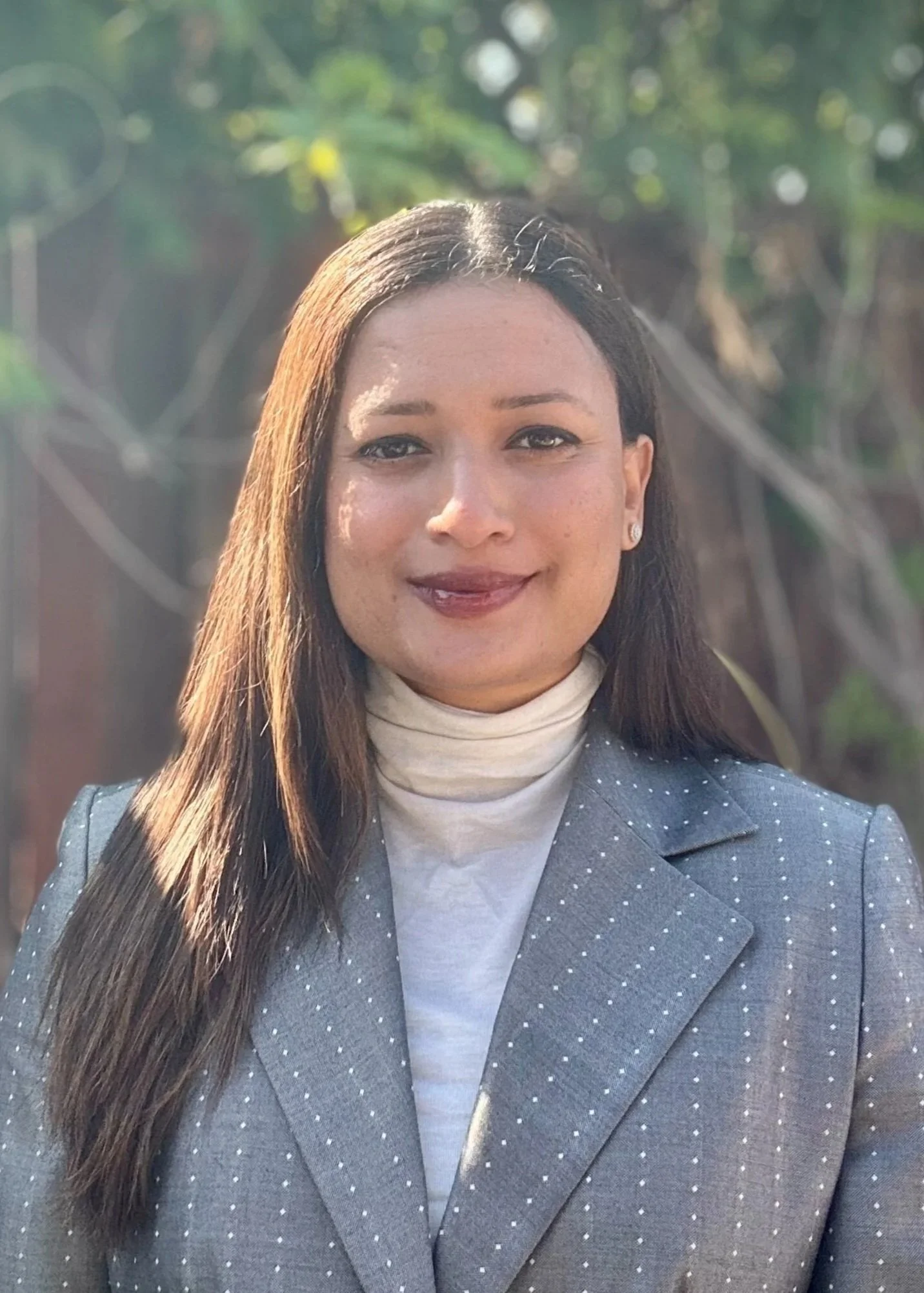Shaunna Rodrigues
Lecturer, Core Curriculum in Contemporary Civilization, Columbia University.
My research explores how political communities justify authority, legitimacy, and self-rule after empire. I study constitutionalism as an epistemic project and progress as an infrastructural practice, asking how moral, legal, and technological systems come to organize what counts as knowledge, reason, and democratic life.
At its core, my work investigates three concepts: intelligibility, progress, and self-respect as the ethical and epistemic foundations of modern politics. These ideas illuminate how justification operates across different domains: in law, through the constitution of rights and recognition; in knowledge, through the disciplines that render subjects legible to authority; and in technology, through the infrastructures that now mediate governance and moral order.
My first book project, Justification After Empire: Constitutionalism, Knowledge, and the Infrastructures of Progress (forthcoming), develops a conceptual framework for understanding how political communities navigate the moral and epistemic work of justification in plural and post-imperial contexts. The book argues that contemporary crises of democracy are rooted in the colonial inheritance of justificatory structures. It traces how political and legal actors in postcolonial societies reimagined the grounds of legitimacy after empire by translating ethical ideals into institutional, legal, and technological forms.
Three interrelated dimensions structure the book’s account of justification. The first, intelligibility, concerns the epistemic practices through which subjects and communities become legible to authority, or the ways knowledge systems define who and what can be recognized as rational, modern, or political. The second, progress, traces how institutions claim legitimacy through moral and temporal architectures that organize the ideas of advancement. And the third, self-respect, turns to the conditions of ethical realism that make democratic agency possible: how recognition, dignity, and equality are enacted through law and collective life. Taken together, these dimensions reveal how ethical and epistemic orders co-produce political legitimacy in the aftermath of empire. Rather than treating constitutionalism or legality as settled inheritances, Justification After Empire reinterprets them as living infrastructures of justification - arenas in which rival ethical and epistemic claims are continuously negotiated. Across law, institutions, and emerging technologies, the book offers a language for diagnosing how legitimacy is constituted, inherited, and contested in the wake of empire.
Research for this book, based on my doctoral dissertation, was supported by the Andrew W. Mellon International Travel Fellowship, Columbia University’s Institute for Religion, Culture, and Public Life (IRCPL), and the Columbia Core Curriculum.
My current research extends these questions into the domain of algorithmic governance. I develop the Knowledge of Structures Problem (KoS) as a framework for understanding how computational systems inherit and transform classificatory logics, reshaping the categories through which political subjects become legible, governable, and institutionally recognized.
This project explores how digital infrastructures become constitutional in nature, raising new questions about rights, legitimacy, and sovereignty. Building on Justification After Empire, I argue that algorithmic systems are not neutral tools but worldmaking infrastructures: they reconfigure the spatial, moral, and epistemic grounds of authority, redefining what counts as judgment, fairness, and democratic responsibility.
Since 2021, I have taught Contemporary Civilization in Columbia University’s Core Curriculum, first as a Graduate Preceptor and now as a Core Lecturer. The course, which traces moral and political thought from antiquity to modernity, has shaped my approach to teaching as a practice of ethical reconstruction, where students can examine the moral architectures of modern life with historical and philosophical depth.
Across my writing and teaching, I remain committed to pluralism, dignity, and the reconstruction of moral agency in a world increasingly governed by technological power. My broader aim is to recover the ethical imagination necessary for a democratic future: one that can rebuild infrastructures of knowledge, law, and recognition capable of sustaining freedom after empire.
